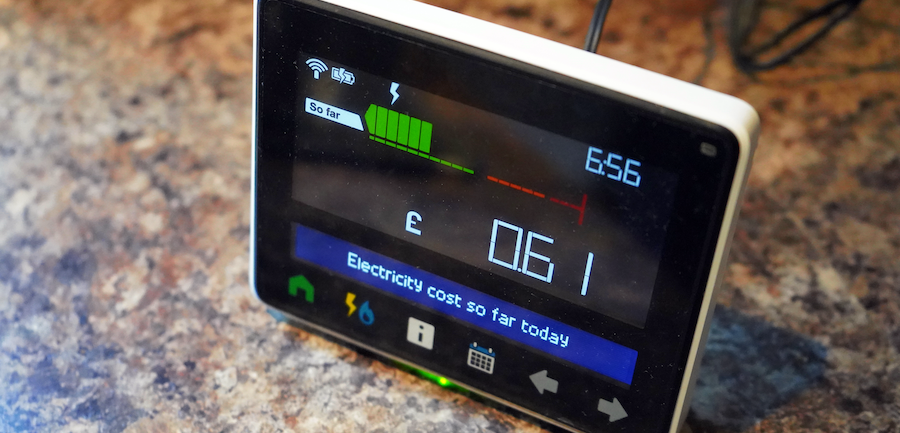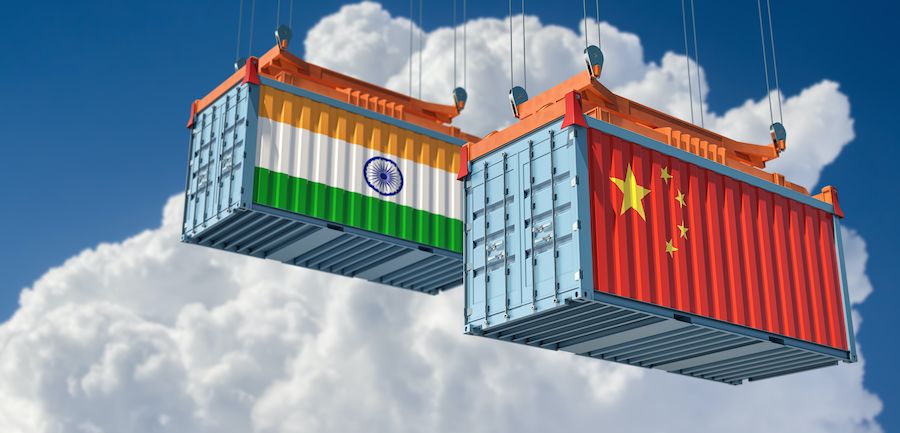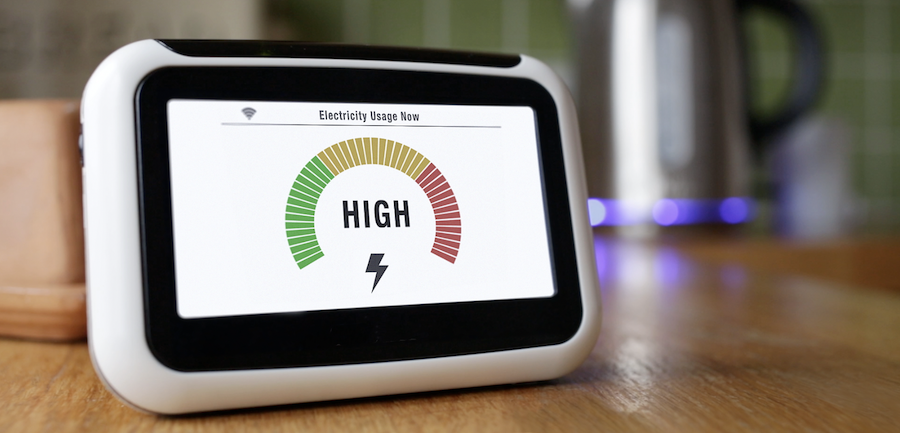July 20, 2021
Why UK consumers are yet to embrace smart meters
Smart meters are supposed to help you save money, as well as being great for the planet. So why are UK consumers so reluctant to get them? Let’s find out more. The stats tell a bleak story. Ten years on from the start of the UK’s smart meter rollout and only 42% of homes and businesses have had one installed. Even worse, around one-fifth of those meters aren’t running in smart mode. It’s fair to





















